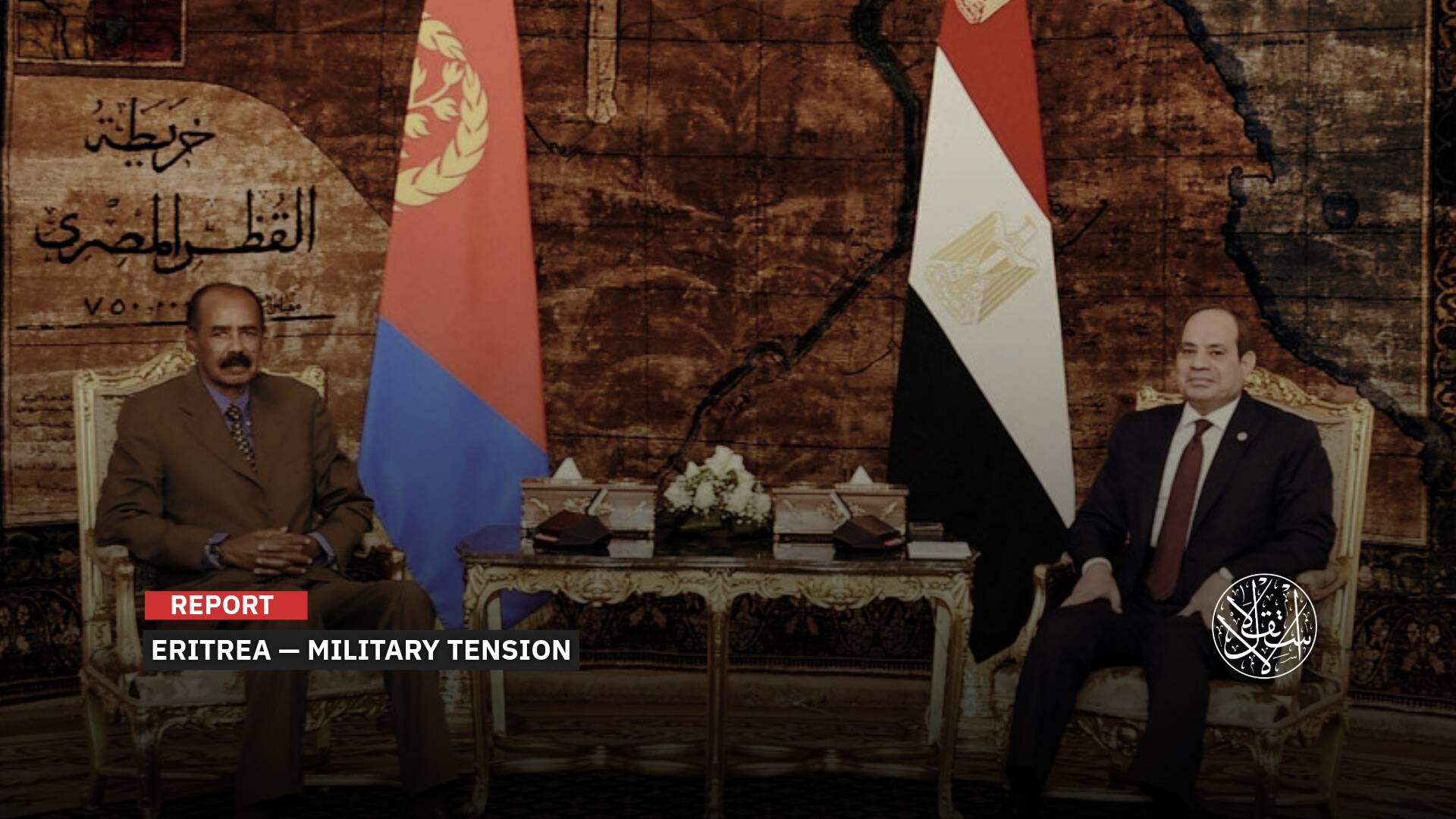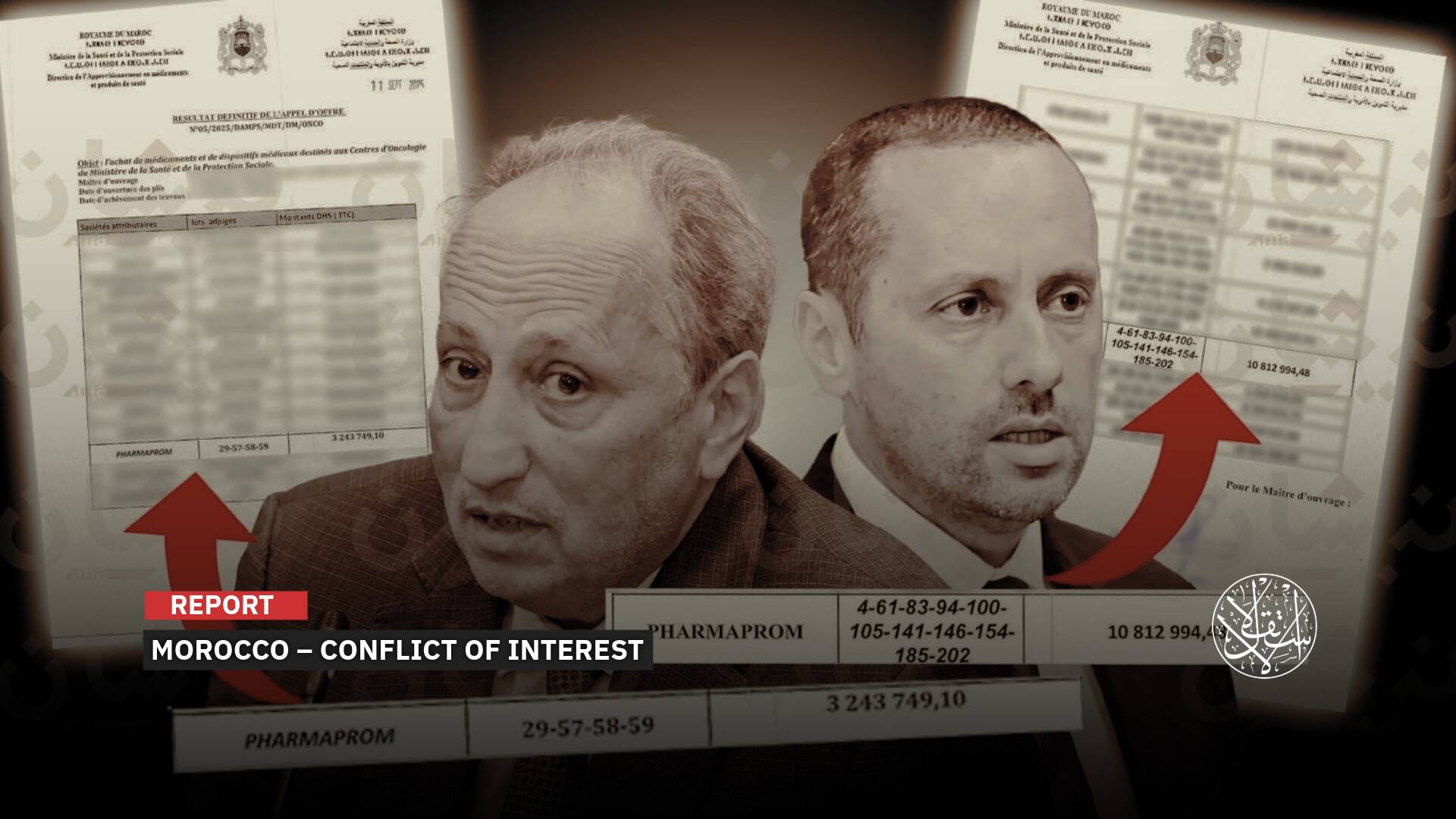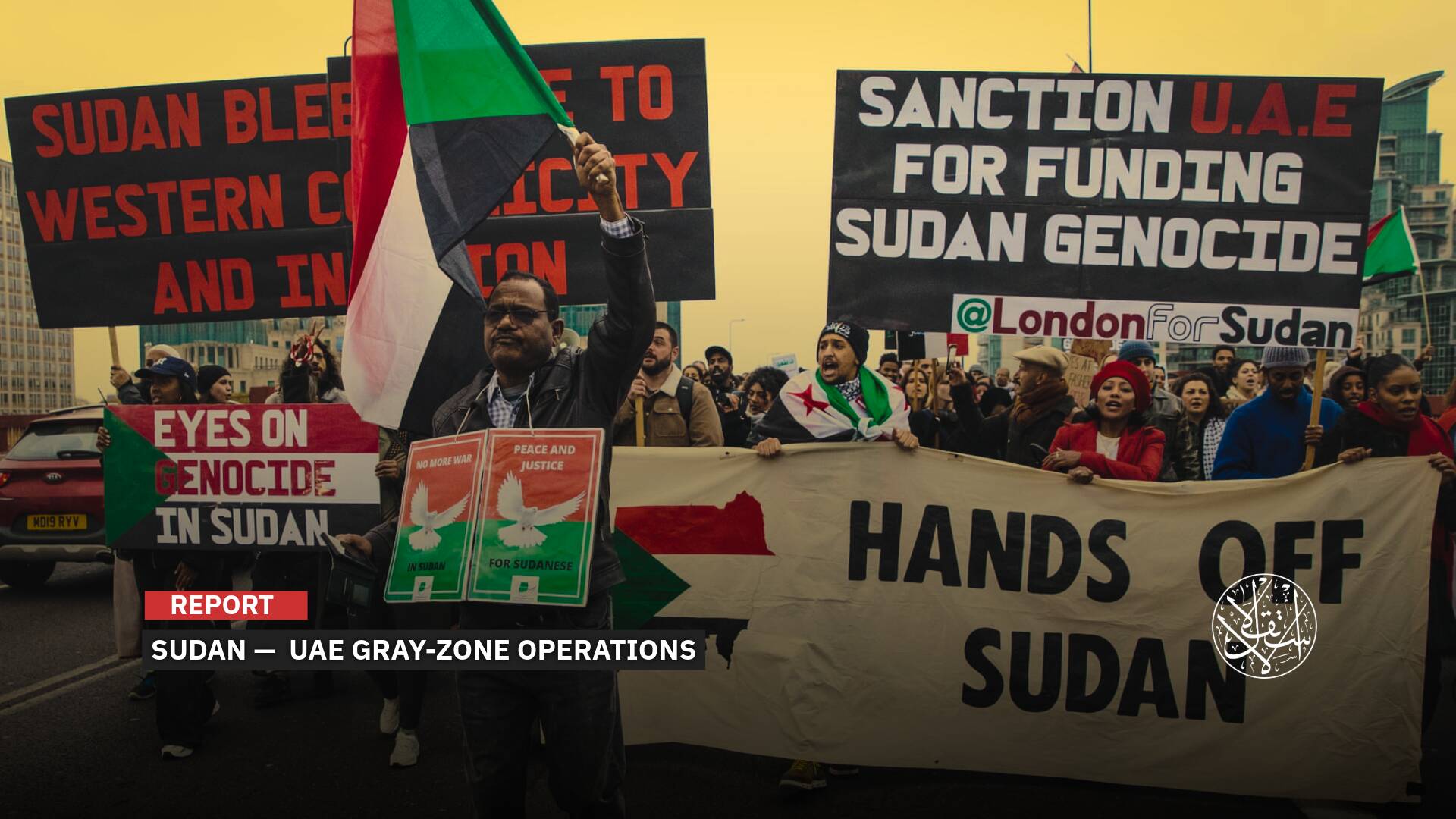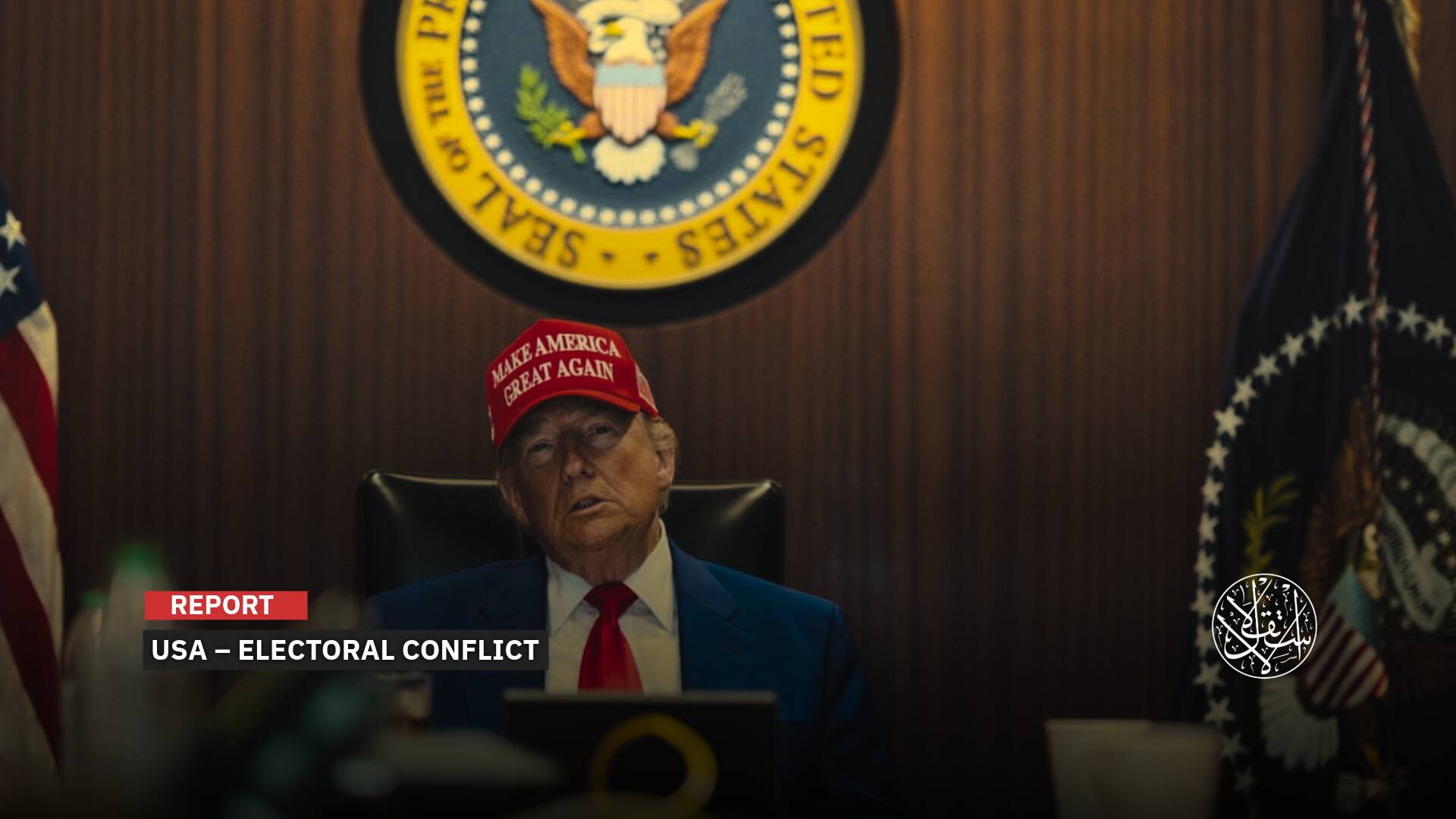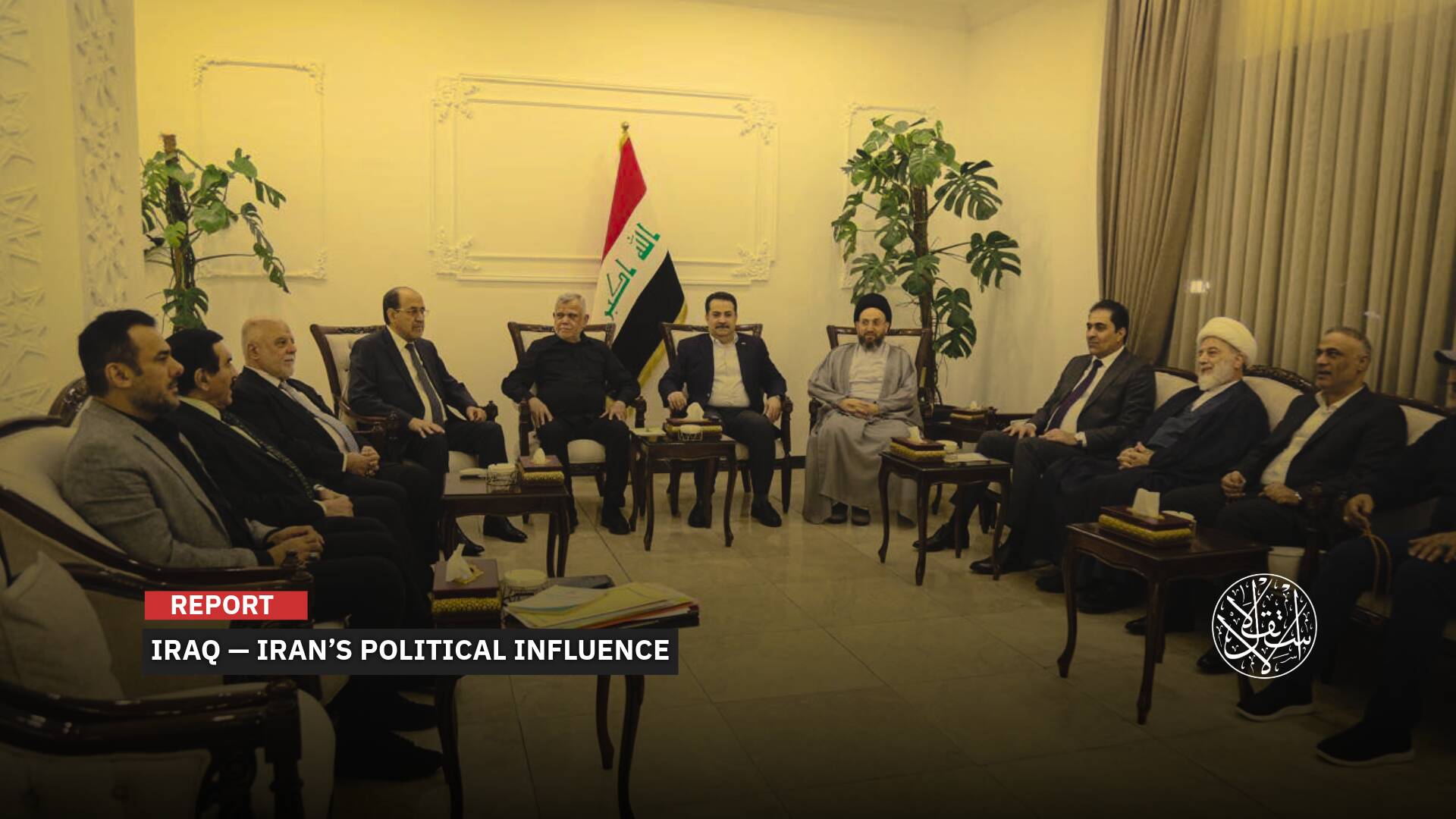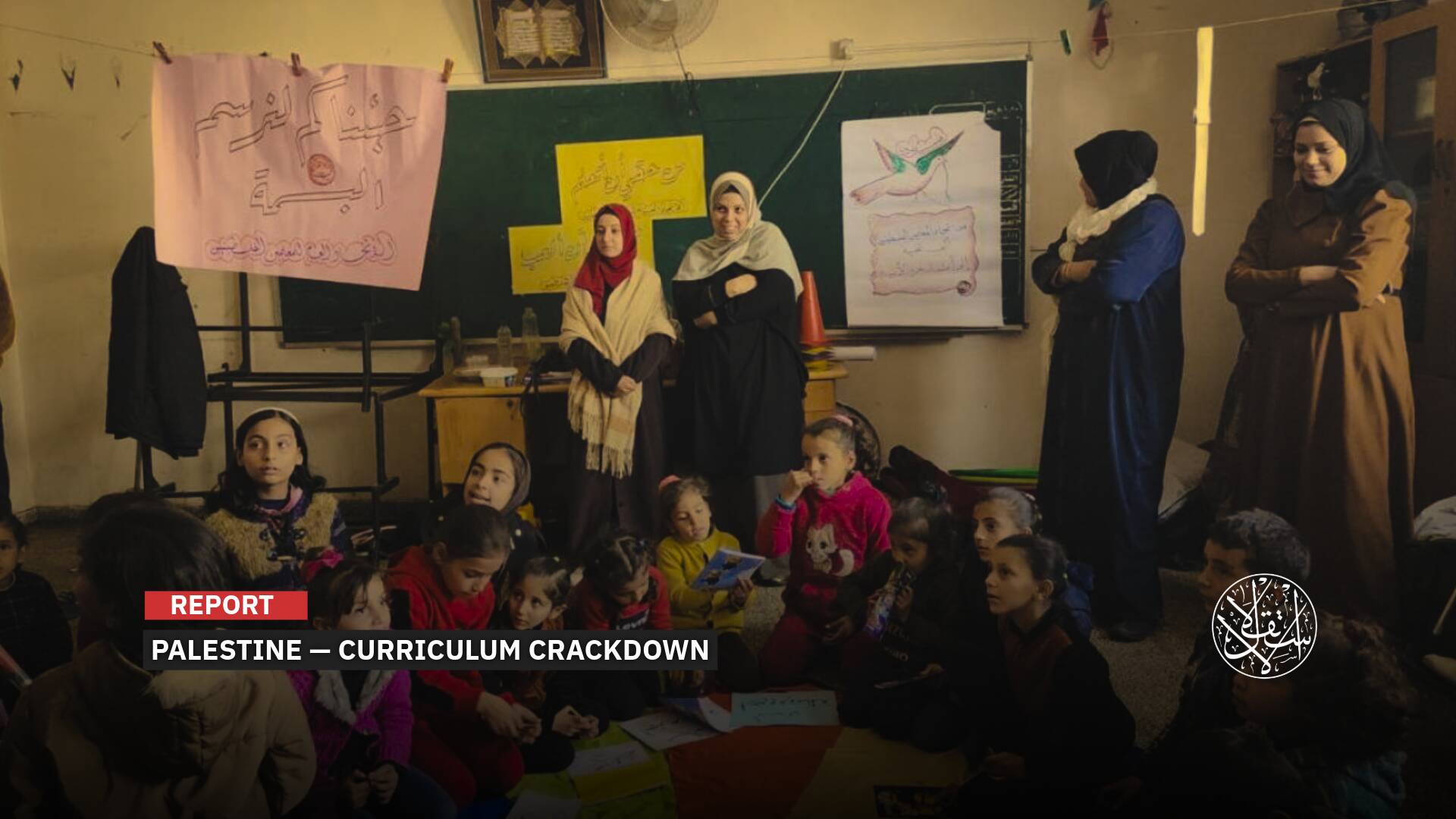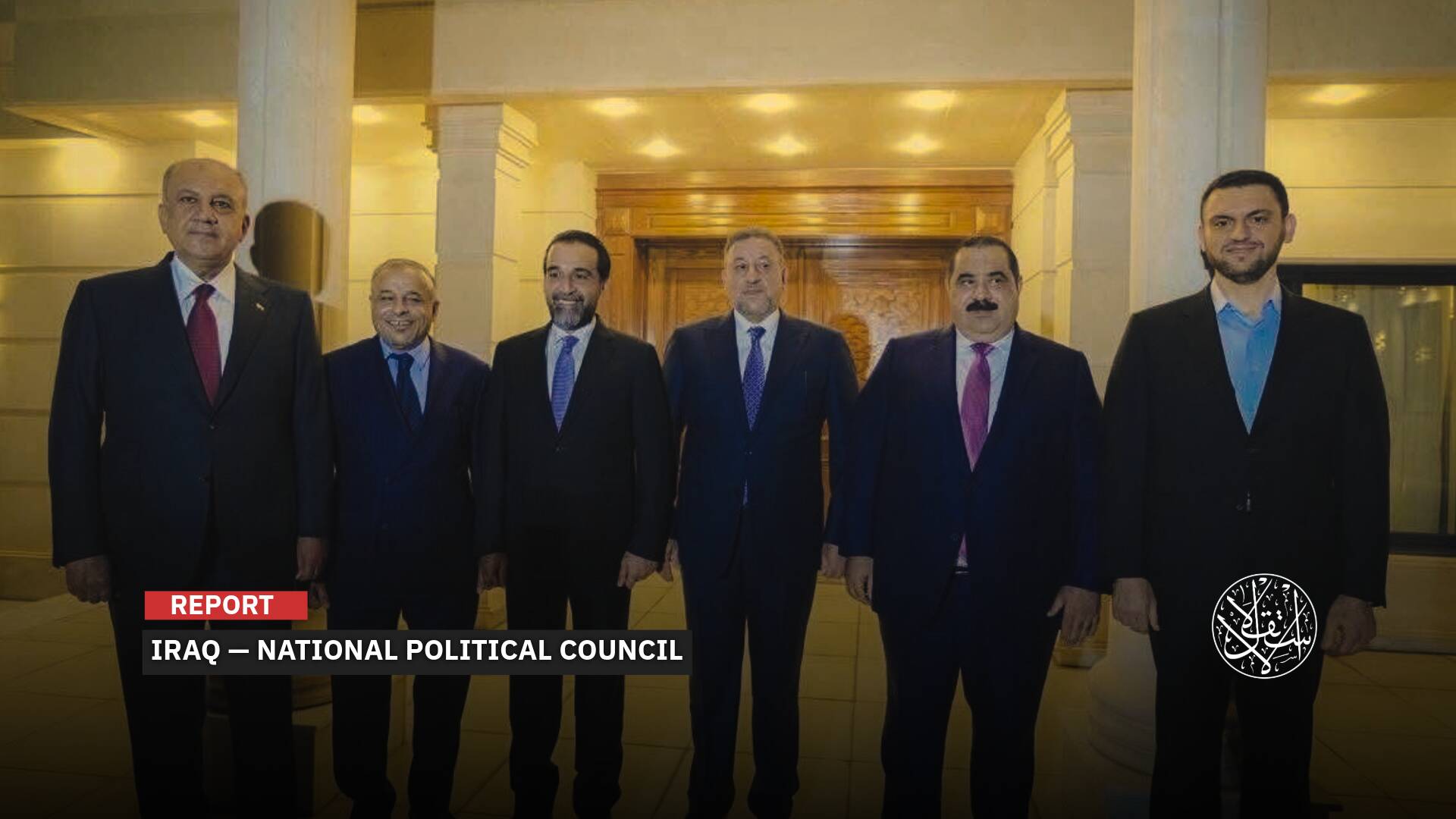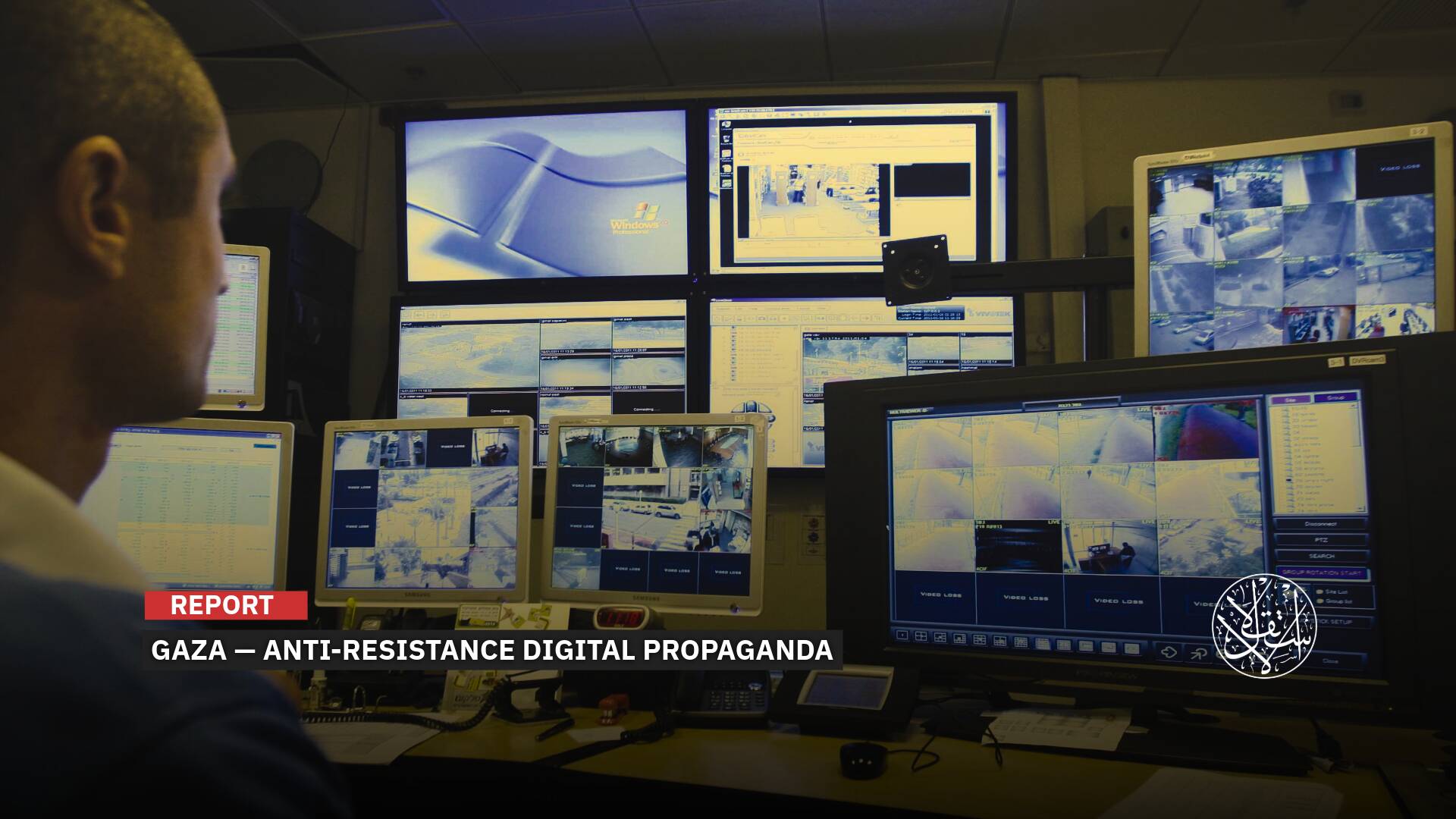Qatar, Turkiye Strengthen Strategic Ties Amid Regional Shifts

The strong bilateral relations between Turkiye and Qatar are a prime example.
The visit of the Emir of Qatar, Sheikh Tamim bin Hamad al Thani, to Turkiye has drawn significant attention amid the rapidly unfolding developments in the Middle East, particularly following the Israeli war on Gaza and Lebanon.
Many have linked the timing of the visit to the victory of former Republican president Donald Trump in the U.S. elections on November 5, 2024, where he triumphed over his Democratic rival, Kamala Harris.
Sheikh Tamim arrived in Ankara on November 14 to attend the Qatar-Turkiye High Strategic Committee meeting with Turkish President Recep Tayyip Erdogan.
Upon his arrival at Ankara’s Esenboga International Airport, the Qatari Emir was welcomed by Turkish Foreign Minister Hakan Fidan, along with senior Turkish officials and members of the Qatari embassy.
Timing of the Visit
The Turkish-Qatari relationship serves as a prime example of a long-standing, multifaceted alliance in a region marked by instability and constant upheaval.
However, the visit comes amidst deeper and larger international shifts, particularly following Donald Trump’s decisive victory in the U.S. presidential election, paving the way for his anticipated return to the White House in January 2025.
This development has sparked a reassessment among regional powers, including Turkiye and Qatar, both key players in several critical arenas, notably the Israeli war on Gaza and Lebanon, as well as Iran's complex position.
Trump’s first term, starting in 2017, had a profound impact on regional dynamics, upending many established alliances in the Middle East.
Although the incoming U.S. president is increasingly seen in Ankara as a figure with whom deals can be struck, his unpredictable policies could lead to significant instability—especially given that it was during his first term that the 2017 Gulf crisis and the blockade against Qatar unfolded.
Trump's pro-“Israel” stance and the so-called "Deal of the Century" for peace with the Palestinians ultimately exacerbated their suffering and fueled widespread anger against the United States in the region.
The timing of the Emir of Qatar’s visit to Turkiye is particularly delicate, following reports from international media suggesting that Doha had withdrawn from mediating efforts to halt the war on Gaza.
Although Qatari Foreign Ministry spokesperson Majed al-Ansari denied these reports, calling them "inaccurate," he simultaneously confirmed that "mediation efforts are currently suspended."
100 Agreements
The visit itself witnessed intensive cooperation between the two countries, particularly following the signing of eight cooperation agreements across various sectors.
These agreements covered areas such as military collaboration, logistical support for aircraft, and technical cooperation between the defense ministries of both nations.
Additional agreements included logistical support for ships, cooperation in land transport, facilitation of goods transit, and a declaration of intent to ease trade and industrial exchanges.
The meeting, which saw the signing of these agreements in the presence of President Erdogan and Emir Tamim, also addressed the broader scope of bilateral relations between Turkiye and Qatar, with a focus on trade and economic ties.
Discussions also touched upon the current state of ceasefire negotiations in Gaza and the ongoing prisoner exchange between Hamas and “Israel.”
Ahead of the visit, Qatar's Chamber of Commerce and Industry announced that trade between Ankara and Doha had seen significant growth, reaching a value of $2.3 billion in 2022.
In the context of expanding economic relations, Ankara and Doha aim to raise bilateral trade to $5 billion in the medium term.
Around 800 Turkish companies are operating in Qatar, with total investments amounting to $20 billion, while approximately 180 Qatari companies are contributing to the Turkish market, according to Mustafa Tozcu, Deputy Minister of Trade of Turkiye.
In a November 14, 2024 article, Faleh Hussein al-Hajri, editor-in-chief of the Qatari newspaper al Arab, described the Qatar-Turkiye High Strategic Committee as a key platform for strengthening bilateral ties.
Founded in December 2014, the committee held its first session in Doha the following month, in 2015.
Since then, it has held nine sessions, resulting in the signing of more than 100 agreements and memoranda of understanding across various fields, including economics, investment, defense, culture, education, health, and others.

Military Relations
As for the military agreements specifically, and the defense cooperation between the two countries, which was reaffirmed and strengthened during the Emir Tamim's visit, they remain a crucial and foundational component of the ongoing alliance between Turkiye and Qatar.
The most recent development in this area has been the deepening partnership between Turkish and Qatari defense companies.
On November 5, 2024, the French intelligence-focused magazine Intelligence Online highlighted the advanced military and defense cooperation between Ankara and Doha, attributing it to the close relationship between President Erdogan and Emir Tamim.
This bond has made the Turkish defense industry the preferred choice for Qatari defense companies.
The magazine reported that Qatar’s Barzan Holding has increased its foreign acquisitions, including purchasing a stake in the Turkish defense group Pavo, granting Doha access to a range of urgently needed technologies.
It also noted that Pavo Turkish defense group, specializing in defense electronics and cybersecurity, has been expanding its operations in Qatar.
The exhibition of its products at the Barzan Holding booth during the Milipol Qatar trade fair in Doha, held from October 29 to 31, 2024, indicates the beginning of a new Turkish-Qatari joint project.
The report further emphasized that Pavo has not only become Qatar's preferred new defense partner, but Barzan Holding also acquired a stake in its capital.
In recent years, Erdogan has opened the door for partial sales of leading Turkish defense companies.
Meanwhile, Qatari defense companies are seeking to transfer the necessary technologies to establish their own domestic defense industries, making large Turkish defense firms a key target as Western companies remain increasingly cautious.

Evolving Relations
In recent years, Turkish defense company Pavo has completed several sales to Qatar’s Barzan Holding, and a small team from the company now operates from an office opened in Doha in the summer of 2024.
Qatar has shown particular interest in the Turkish group’s communication interception systems, including the "IMSI-catcher" phone surveillance device, designed to detect infiltrations into Qatar.
Under the leadership of Albert Ozbilgin, Pavo offers a comprehensive range of products directly inspired by lessons learned from the battles in Syria and Ukraine, such as suicide drones, vertical take-off and landing (VTOL) drones, and quadcopter drones capable of carrying jamming and communication interception systems.
These products have attracted a broad spectrum of Qatari clients, from internal security agencies to the military, not to mention the intelligence services.
Qatar has long maintained a close relationship with Turkiye’s defense industry.
In 2014, the Qatari Armed Forces Industry Committee, before the creation of Barzan, acquired a 49% stake in Turkish armored vehicle manufacturer BMC, thanks to its then-owner Ethem Sancak, a politically influential figure and close ally of President Erdogan.
In March 2024, Barzan’s Executive Vice President, Mohammed al-Marri, announced plans to open an assembly site for the BMC Altug 8x8 armored vehicle in Qatar, although this project has yet to materialize.
At the same time, Turkish defense giant Aselsan sold guidance systems and electronic warfare equipment to Qatar through its joint venture, QSTP-B Aselsan, formed with Barzan in 2018.
Since 2021, Qatar has expressed interest in opening an Aselsan branch in Doha, a move that, if realized, would mark a significant advancement in the military ties between the two countries.
Defensive Agreements
On June 7, 2017, just two days after the beginning of the blockade on Qatar, Turkiye and Qatar signed a military agreement aimed at enhancing bilateral defense cooperation.
The Turkish parliament ratified the deal, and President Erdogan officially approved it on June 9.
The agreement came into effect amid a political crisis in the Gulf, marked by Saudi, Emirati, Bahraini, and Egyptian efforts to isolate and besiege Qatar after severing diplomatic ties.
The crisis was eventually resolved with a Gulf reconciliation in 2021.
Earlier, on December 19, 2014, the two sides signed an agreement in Ankara on cooperation in military training, defense industries, and the stationing of Turkish forces on Qatari soil.
The agreement to establish a Turkish military base and deploy Turkish troops in Qatar capped a growing partnership in multiple fields, including the military sector.
The countries had already signed a defense cooperation agreement in 2007, which set the groundwork for closer ties.
This agreement outlined the formation of a mechanism to strengthen collaboration in military training, defense industries, joint military exercises, and the mutual stationing of forces.
It also paved the way for the establishment of a Turkish military base in Qatar, the execution of joint training exercises, and the potential deployment of Turkish troops on Qatari soil.
The agreement stipulates that the "host country" would allow the other to use its seaports, aircraft, airspace, and to station its military forces on its territory, as well as make use of its facilities, camps, units, institutions, and military installations.
Sources
- 8 Qatari-Turkish agreements during Tamim bin Hamad's visit to Ankara [Arabic]
- Turkiye and Qatar sign agreements on trade and military cooperation. [Arabic]
- Doha and Abu Dhabi's Turkish defense rivalry, part 1: Pavo Group, Barzan Holdings' partner of choice.
- Learn about the military agreement between Qatar and Turkiye. [Arabic]
- President Erdogan hosts a luncheon in honor of the Emir of Qatar. [Arabic]


